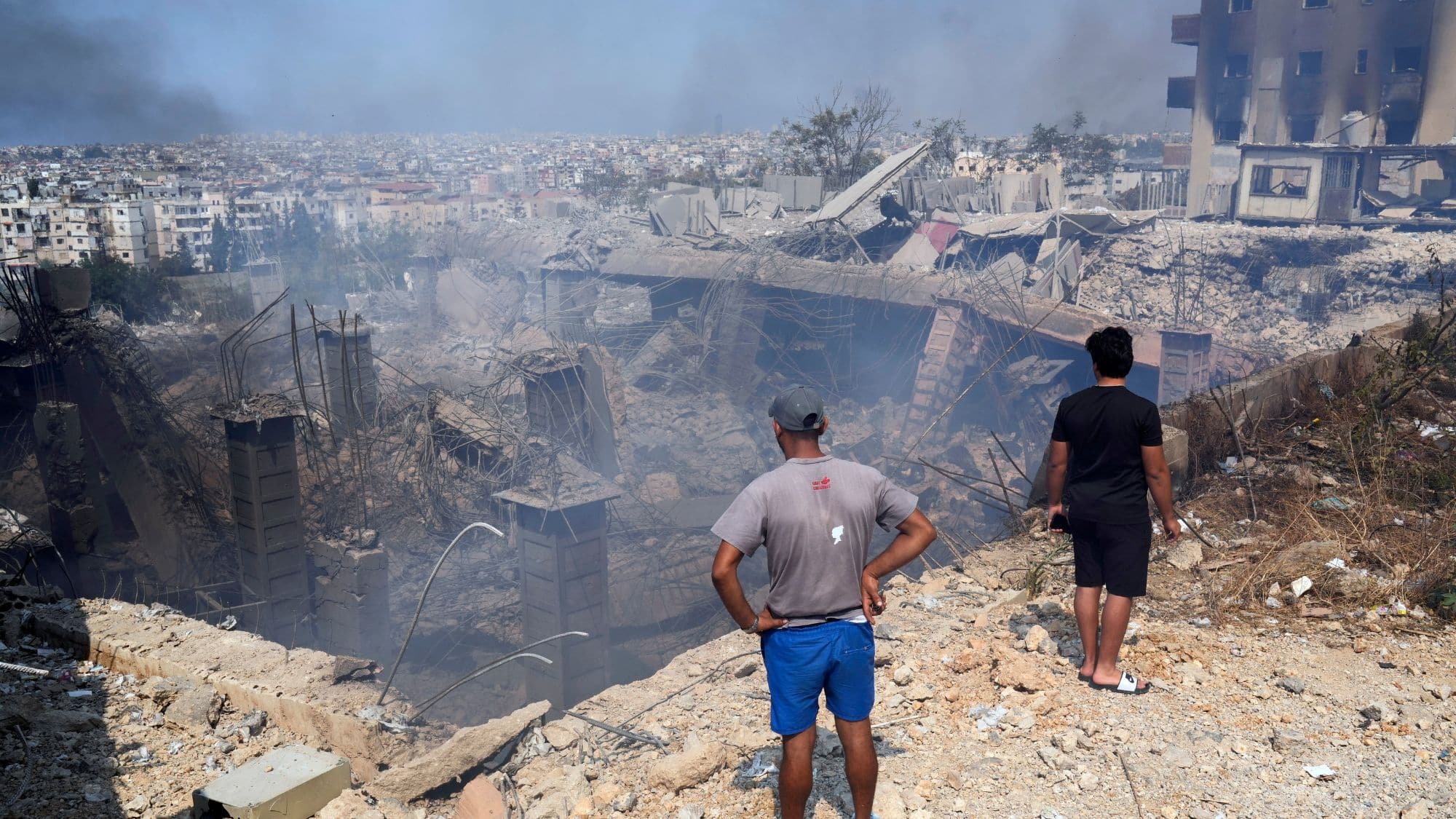The recent surge of violence in Lebanon has resulted in significant losses for the militant group Hezbollah, with the confirmation of the deaths of key leaders, including the high-profile commander Ali Karaki. This development marks a pivotal moment in the ongoing conflict, previously characterized by a series of Israeli airstrikes targeting Hezbollah positions. These attacks culminated in a strike on Friday that killed both Karaki and the group’s chief, Hassan Nasrallah, who were believed to be meeting in a fortified underground facility.
Who Was Ali Karaki?
Ali Karaki, often highlighted in the media as one of Hezbollah’s most powerful figures, held the crucial position of head of the Southern Command within the organization’s military structure. This made him responsible for coordinating military operations along Lebanon’s southern border with Israel, often considered the first line of defense against potential Israeli incursions. His role under the direct command of Hassan Nasrallah underscored his influence and importance in shaping Hezbollah’s military strategies.
According to experts, including Filippo Dionigi from Bristol University, Karaki was instrumental in organizing the group’s military activities in the region. The Israeli military has confirmed that their operations aimed to neutralize key figures like Karaki, signifying the heightened tension and the strategic importance of Hezbollah leadership in the ongoing hostilities.
Recent Casualties within Hezbollah
The death of Ali Karaki is part of a broader trend of Israeli airstrikes targeting Hezbollah leadership. In recent weeks, numerous Hezbollah commanders have been killed, including standout figures who had managed to evade Israeli operations for years. One of the notable casualties was Nabil Kouk, the deputy head of Hezbollah’s Central Council, who was also killed in an airstrike on Sunday. The Israeli military continues to target Hezbollah, claiming these actions are necessary to diminish the group’s operational capabilities.
The Human Cost of Conflict
The Hamas and Hezbollah alliance, both backed by Iran, has escalated tensions in the conflict with Israel. Reports indicate that Israeli airstrikes across large parts of Lebanon have resulted in the deaths of more than 1,030 individuals, as documented by Lebanon’s health ministry. These operations are part of Israel’s broader strategy to restore security to its northern regions and address the ongoing threats posed by these militant groups.
Hezbollah’s Response and Regional Implications
Hezbollah has vowed to continue its military campaign unless a ceasefire is established in the Gaza region. This insistence underscores the interconnected nature of the various conflicts simmering in the region, as indirect negotiations involving the United States, Qatar, and Egypt have yet to yield significant results. The potential for an expanded conflict looms large, as both sides appear poised for further escalation.
Israeli Prime Minister Benjamin Netanyahu has stated his resolve to bring Israeli citizens back to areas in the north that have been evacuated in light of the ongoing violence. The situation remains fluid as military strategies evolve, and both Hezbollah and Israel prepare for potential future engagements.












